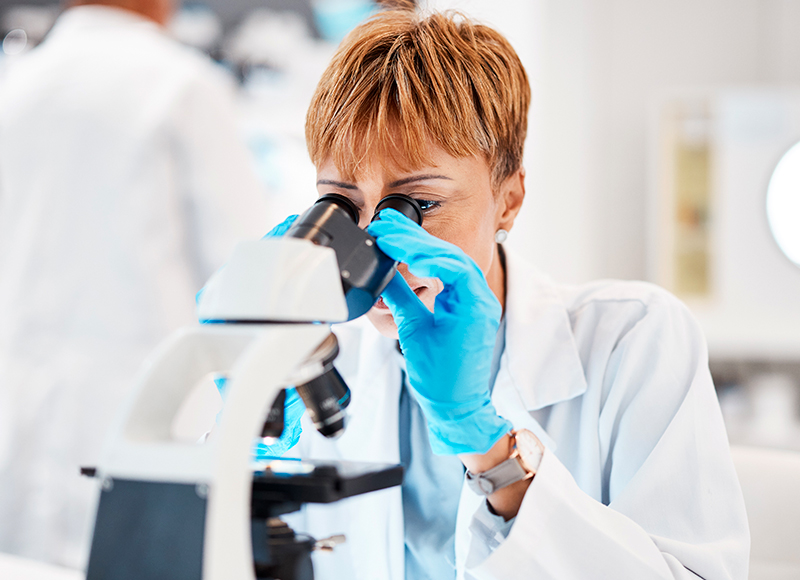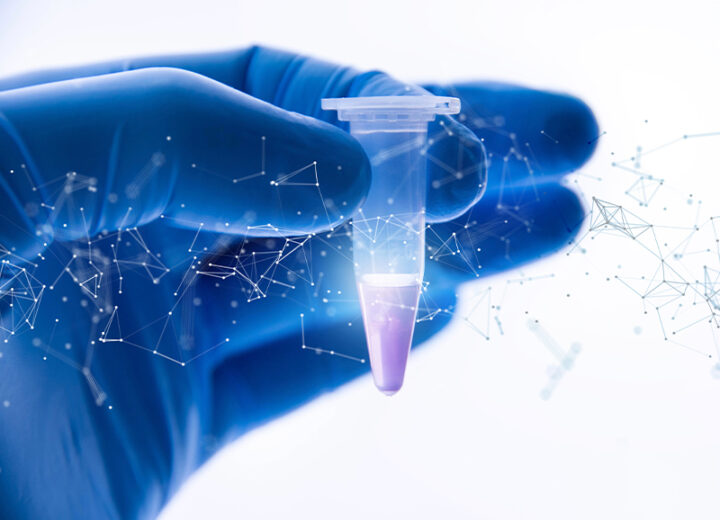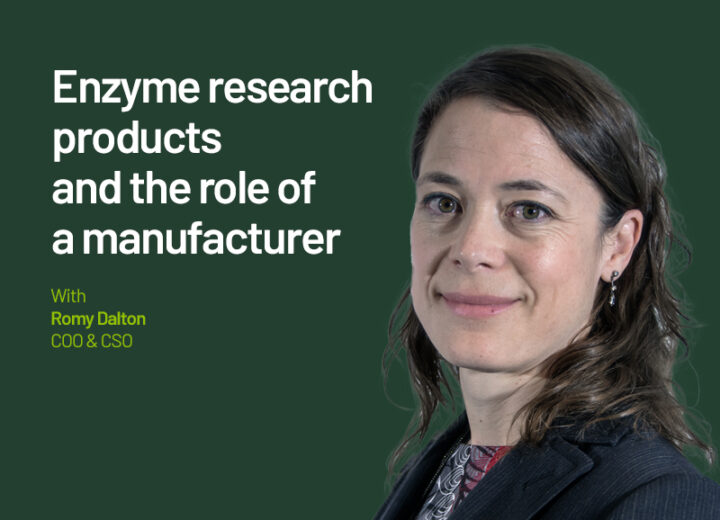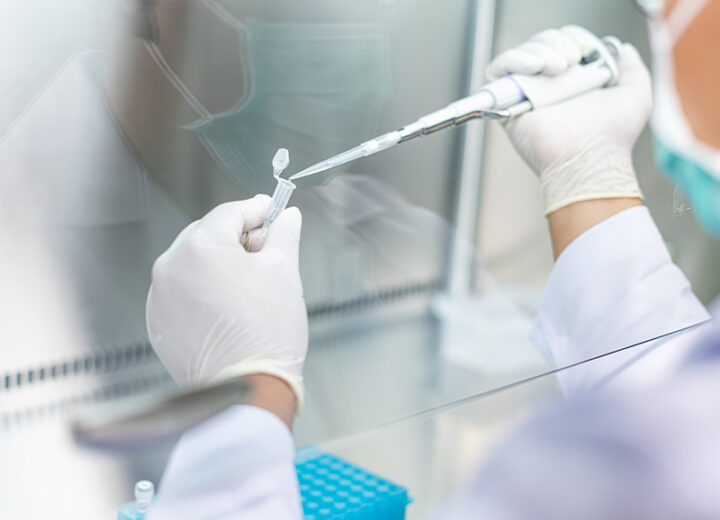26 June 2024
Understanding the main recombinant protein production challenges

Recombinant proteins are pivotal in advancing biotechnology, from developing new medicines to creating sustainable food solutions. However, there are also many recombinant protein production challenges.
These include (but are not exclusive to) high costs, lengthy production times, and yield variability.
Below, we’re exploring how to resolve these challenges, understanding the need for a tailored approach, and discussing how our innovative solutions are helping to pave the way.
Learn more below…
The high cost of recombinant protein production: what’s driving it?
Producing recombinant proteins is often expensive. Traditional systems, such as mammalian cell cultures, require costly growth media and extensive labor. This can significantly impact the overall production budget, making it a barrier for many applications.
What’s more, the equipment and infrastructure needed for large-scale protein production, including energy-intensive bioreactors, purification systems, and quality control measures, further contribute to the high costs.
These expenses are compounded by the need for rigorous regulatory compliance, particularly in pharmaceutical applications, where safety and efficacy must be meticulously validated.
Why does it take so long to produce recombinant proteins?
The production timeline for recombinant proteins can be lengthy. Processes like gene cloning, vector construction, and cell culture development are time-consuming. Additionally, maintaining optimal conditions for protein expression can further extend production times.
That’s because each stage of production — from the initial design of the expression vector to the final purification of the protein — requires careful optimization.
This involves fine-tuning factors such as temperature, pH, nutrient concentrations, and aeration, all of which can significantly impact the efficiency and yield of protein production.
Tackling yield variability in recombinant protein production
Yield variability is a significant challenge in recombinant protein production. Factors such as the choice of host system, culture conditions, and protein folding efficiency can lead to inconsistent yields.
For instance, bacterial systems like E. coli can produce high quantities quickly but may not perform necessary post-translational modifications, leading to variability in yield and quality.
Furthermore, even within the same production system, slight variations in conditions can result in significant differences in protein expression levels. This variability can complicate downstream processing and quality control, ultimately affecting the consistency and reliability of the final product.
Cocoons: revolutionizing protein production
Recent advancements have introduced novel production environments that significantly reduce costs and improve efficiency. One example lies in what we do here at Cocoon Bioscience: using cocoons as natural bioreactors.
This method leverages the unique properties of pupae to create controlled environments for protein production, offering a cost-effective and scalable solution. Cocoons provide a biocompatible and self-contained environment, reducing the need for expensive bioreactors and associated infrastructure.
This natural bioreactor approach not only lowers production costs but also enhances the scalability of protein production, making it feasible to produce large quantities of recombinant proteins with consistent quality.
Exploring cutting-edge expression systems for better results
Advancements in expression systems are crucial for overcoming production challenges in recombinant protein production. The baculovirus expression system, particularly in insect pupae, has emerged as a highly efficient method. By using the natural ability of insect cells to make modifications post-translation, researchers can create recombinant proteins that closely resemble their natural forms, ensuring they are functional, stable, and effective.
It’s a system that reduces production costs and times, all while enhancing yield consistency and protein quality.
Innovations in this area only highlight the potential to significantly improve both the efficiency and quality of recombinant protein production, offering a promising alternative that can break down the accessibility barriers that exist with traditional methods.
To learn more about this solution, read our blog about overcoming common protein development challenges.
The need for custom solutions and technical support
Customization is also vital for addressing specific production challenges.
Tailored protein development services ensure that each project meets its unique requirements, from initial design to proof of concept and scaling.
This collaborative approach allows for rapid optimization and high-expression for complex protein production.
By working closely with clients, providers can identify and address potential bottlenecks early in the development process, ensuring that the final product meets the desired specifications for yield, purity, and functionality.
What’s more, technical support teams provide ongoing assistance throughout the production process, helping to troubleshoot issues and optimize protocols to achieve the best possible results.
Advanced bioreactor technologies: the future of protein production
Our advanced natural process offers precise control over cellular environments, enhancing reproducibility and scalability.
These systems are particularly beneficial for producing therapeutic proteins and other high-value biomolecules. They ensure high protein quality and purity all while maintaining cost-effectiveness.
By incorporating real-time monitoring and automation, our approach can maintain optimal conditions for protein expression, reducing variability and increasing overall productivity.
This technological edge not only improves the efficiency of protein production but also enables the development of more complex and specialized proteins, expanding the potential applications of recombinant protein technology.
The path forward for recombinant protein production
Recombinant protein production is continuously evolving. Thanks to technological advancements, we have addressed many of the challenges of high costs, lengthy production times, and yield variability.
At Cocoon, we’re dedicated to remaining at the forefront of this evolution. Utilizing cocoons as natural bioreactors and custom development solutions, we have enhanced efficiency and quality. Our technology aims to drive progress in healthcare, sustainable food production, and a wide range of other industries.
For more insights into our cutting-edge solutions, and to learn how we can help you achieve your production goals, explore our custom development services today.



